Where the hand of tyranny is long we do not see the lips of men open with laughter
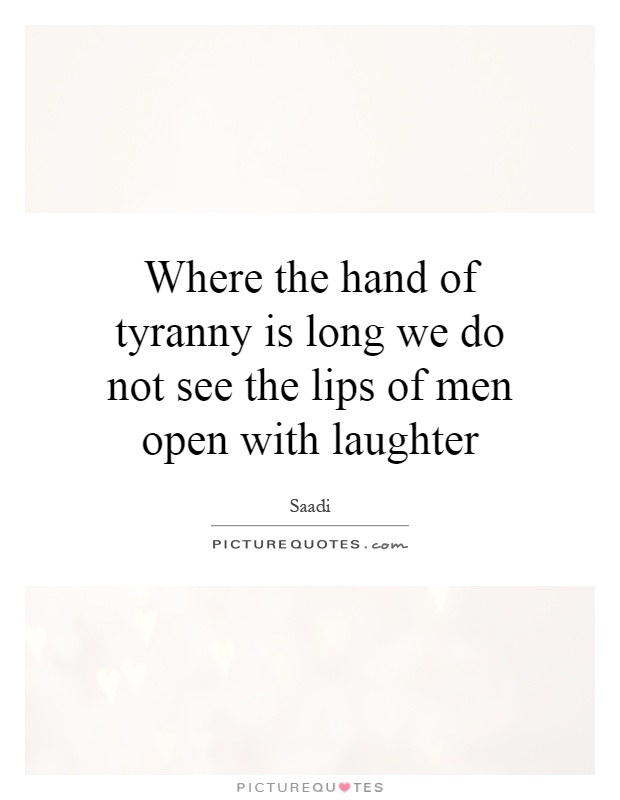
Where the hand of tyranny is long we do not see the lips of men open with laughter
The quote "Where the hand of tyranny is long we do not see the lips of men open with laughter" holds a profound truth that resonates throughout history and literature. This sentiment is particularly poignant when considering the works of the Persian poet Saadi, whose writings often reflect on the impact of oppression and injustice on society.Saadi, also known as Sheikh Saadi Shirazi, was a 13th-century Persian poet and philosopher whose works have had a lasting influence on Persian literature and culture. His poetry often explores themes of morality, justice, and the human experience, drawing on his observations of society and the world around him.
In many of his poems, Saadi reflects on the consequences of tyranny and oppression on the human spirit. He recognizes that in societies where authoritarian rule is prevalent, people are often silenced and afraid to speak out against injustice. The fear of retribution and punishment stifles their ability to express themselves freely, leading to a lack of laughter and joy in their lives.
Saadi's observations on the impact of tyranny on society are particularly relevant in today's world, where many people continue to face oppression and injustice in various forms. Whether it be political, social, or economic, the hand of tyranny can be long-reaching and have devastating effects on individuals and communities.


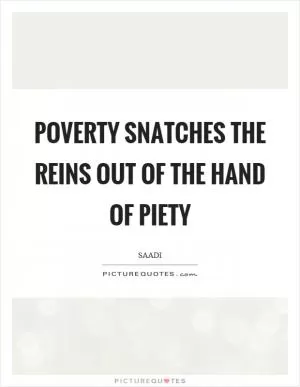
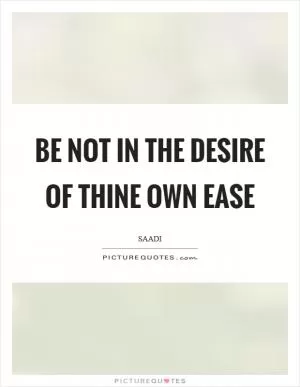
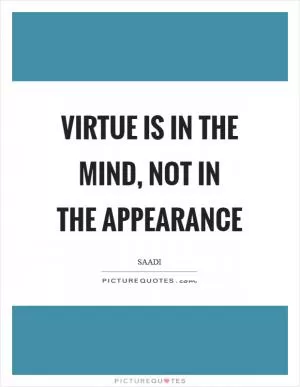
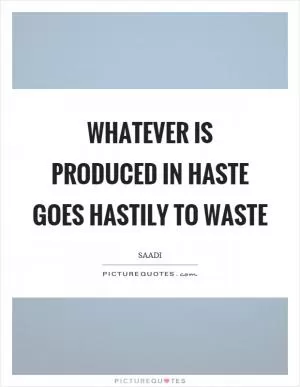

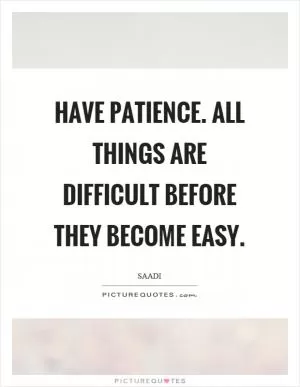




 Friendship Quotes
Friendship Quotes Love Quotes
Love Quotes Life Quotes
Life Quotes Funny Quotes
Funny Quotes Motivational Quotes
Motivational Quotes Inspirational Quotes
Inspirational Quotes